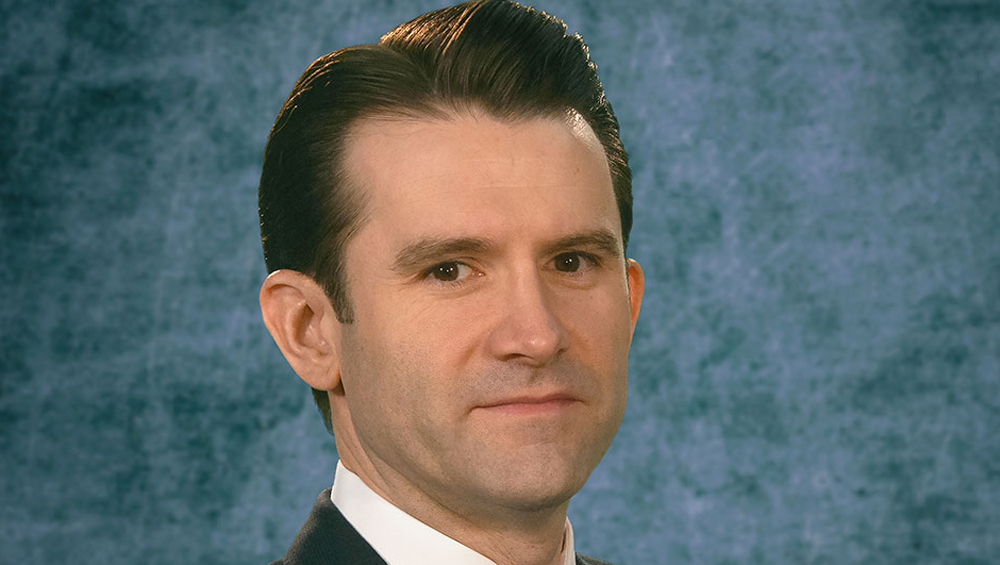
With pay TV subcribers falling, there’s a shift to a variable model from fixed fees for reverse compensation.

With media companies prioritizing streaming, the pressure to raise programming fees on affiliates appears to be easing, according to Sinclair Broadcast Group CEO Chris Ripley. On the company’s third-quarter earnings call with analysts and investors Wednesday morning, Ripley said “there has been a shift in terms of negotiating position” as networks have moved some of their best content to streaming.
Jessell | The Ergen-Locast Link And Other Vital Matters

A smorgasbord of topics this week: (1) I don’t know it for a fact, but I know that it’s true that Charlie Ergen is the money behind Locast, the OTT service that is streaming local broadcast signals. (2) Retrans is also under attack from STELAR, the law that empowers satellite operators to import distant signals of network O&Os into areas where subscribers cannot receive local affiliates off air and is up for renewal. (3) With the emergence of the new Fox Corp. this week, a forecast finds that most of its broadcast fee growth will come from reverse comp. (4) A tip of the hat to FCC Comish Michael O’Rielly for taking on the Justice Department, which has been stepping on the FCC’s turf regarding local TV ownership rules.
Will Stations’ Retrans Bubble Burst?
Panelists at TV2020 examine various scenarios for the future of this important revenue stream in light of growing competition from OTT services and increasing reverse comp demands from the networks.
SNL Kagan projects that figure will grow to $11.6 billion by 2022. Reverse comp payments to networks this year will total $2.1 billion, up 35% from 2015.
Moonves: As CBS Prospers So Will Affiliates
 Yes, affiliates will face increasing demands for reverse comp, but that’s the price of belonging to America’s most-watched network and joining CBS in exploiting new broadband pay media like CBS All Access. The ever-bullish CEO also says CBS is open to ATSC 3.0 and is willing to take a run at more first-run syndication, and he sees no end to the lucrative broadcasting-NFL partnership.
Yes, affiliates will face increasing demands for reverse comp, but that’s the price of belonging to America’s most-watched network and joining CBS in exploiting new broadband pay media like CBS All Access. The ever-bullish CEO also says CBS is open to ATSC 3.0 and is willing to take a run at more first-run syndication, and he sees no end to the lucrative broadcasting-NFL partnership.
Turbulent Times For Station Group Execs
 NATPE’s only broadcast TV panel featured (l-r after moderator Paige Albiniak of B&C): Jack Abernethy of Fox Television Stations on the state of network-affiliate relations, Nexstar’s Perry Sook on why station groups shouldn’t be in national syndication; and Tribune’s Larry Wert on the on-going feud between CW and Tribune in which the network is demanding higher reverse comp fees from Tribune.
NATPE’s only broadcast TV panel featured (l-r after moderator Paige Albiniak of B&C): Jack Abernethy of Fox Television Stations on the state of network-affiliate relations, Nexstar’s Perry Sook on why station groups shouldn’t be in national syndication; and Tribune’s Larry Wert on the on-going feud between CW and Tribune in which the network is demanding higher reverse comp fees from Tribune.
Broadcasting: No Country For Little Dogs

SNL Kagan updated retransmission fee projections see a 63% increase from $6.3 billion this year while reverse comp payments to networks could increase from $1.65 billion in 2015 to $3.69 billion in 2021.
Broadcasters Have To Find Their Digital Way

A new SNL Kagan analysis says U.S. TV station owners’ retrans fees are expected to reach $9.3 billion by 2020, versus the projected level of $4.9 billion this year. Reverse comp will also rise, but stations should still post net retrans growth.
CBS CEO Leslie Moonves yesterday took aim at its affiliates who negotiate bad deals, TV ratings measurement and marketers who don’t pay enough. “We the networks should not be penalized because you the station do not negotiate retrans properly,” he said. Moonves, who has a goal of reaping some $2 billion in retransmission fees by 2020, threw down the gauntlet to the leaders of non-owned CBS stations to get those dollars in his pocket — or else.
Nets’ Share Of Affils’ Retrans Fees To Hit 65%
Stations’ retransmission consent revenues have been rising steadily for the past decade and for much of that time, network affiliates retained more than half, with the rest going to the networks. But over the past several years, Big 4 networks have demanded — and received — an increasingly bigger chunk. Now, Wells Fargo analyst Marci Ryvicker is predicting the networks’ take could hit 65% of stations’ $12 billion in retrans money by 2019.
For WISH, Life After CBS Should Be News
With the upcoming loss of its CBS affiliation because it wouldn’t meet the network’s reverse comp demands, LIN’s WISH Indianapolis has to find new programming starting next year. LIN has put together a team with experience at indie operations. Whatever they come up with, a big factor needs to be more and better local news, a tall order in a market that already produces a lot of newscasts, but one that the Peabody-winning WISH should be able to handle.
They met in Dallas Thursday. Some Fox affiliates are said to be concerned that Fox wants to shift from a multi-year reverse comp agreement to an annual one, with the new agreement based on DMA households instead of MVPD households as in the past, a source with knowledge of the situation says.
Les Moonves: CBS Loves Its Affils, But…
The company’s CEO says that while he believes the affiliate system is “healthy,” CBS has got contingency plans if they can’t deliver in the future. The network is also ratcheting up the financial pressure on affiliates with its reverse compensation requirements and is on track to hit $2 billion in retrans and reverse comp revenues by 2020.
CBS Targets Gray For Hefty Comp Raise
Gray Television, whose affiliation agreement with CBS expires by year end, looks likely to be a significant contributor in getting CBS to its stated target of $1 billion in retrans and reverse comp revenue by 2017. Sources say the network wants Gray to pay up to 90 cents per month per TV household in comp. And that’s just the beginning. “CBS may target Gray, but they will go after everybody else in very short order,” says a source familiar with the players.









































